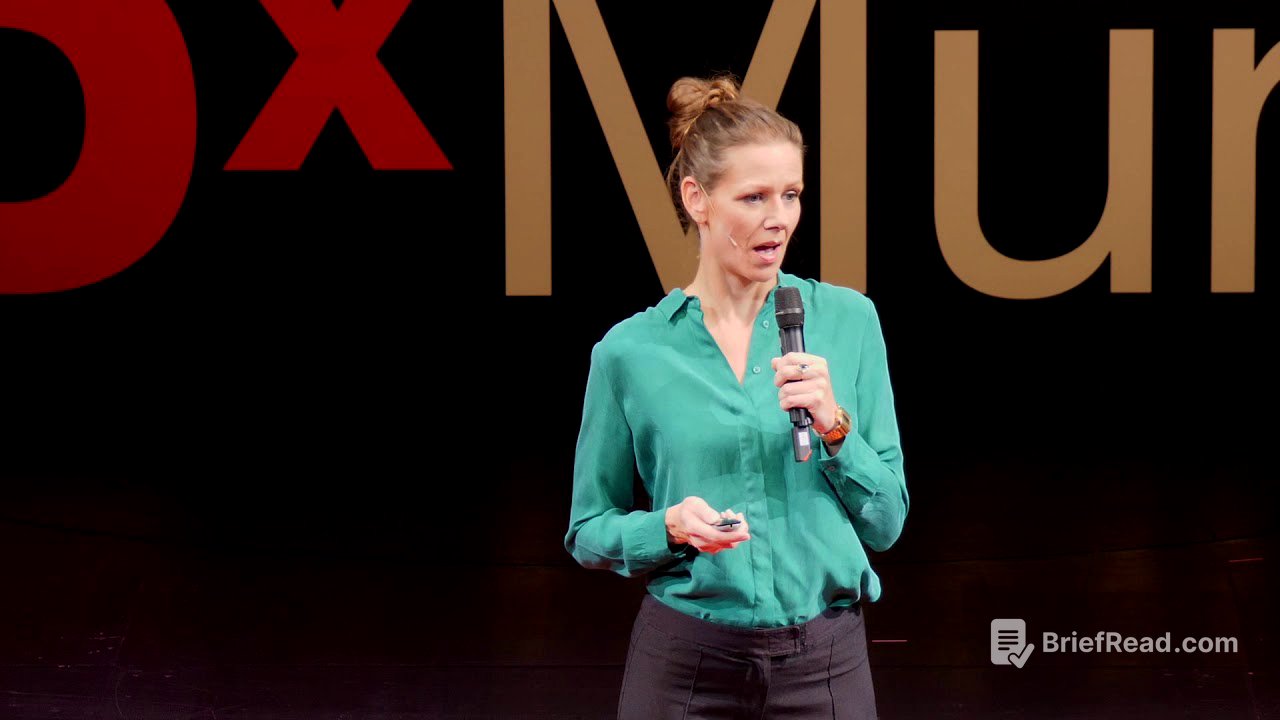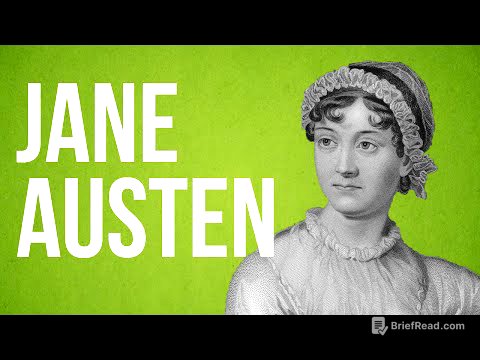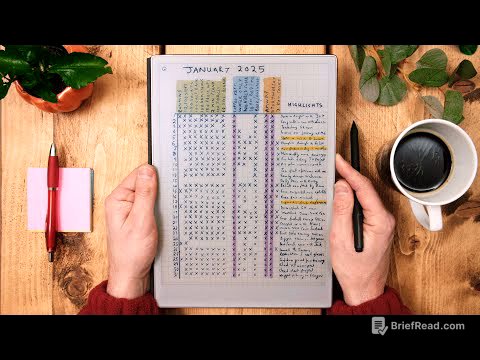TLDR;
The speaker shares her journey from societal success to financial ruin and back, highlighting key lessons about money, value, and life. She emphasizes that money is important but not the ultimate goal, it equates to time and value, and that self-perception matters more than others' opinions. She also stresses the importance of financial simplicity, avoiding the trap of ever-increasing expenses, and finding happiness in experiences rather than material wealth. Ultimately, she advocates for living intentionally and valuing oneself.
- Money is important, not evil, and enables giving back.
- Time is more valuable than money; value your time.
- Self-worth dictates how you handle money.
- External opinions are less important than your self-talk.
- Financial success is simple: spend less, earn more, invest wisely, value yourself.
- Being broke is mentally taxing; strive for financial stability.
- Choose experiences and presence over material wealth.
Introduction: From Success to Rock Bottom [0:12]
The speaker recounts her past as a seemingly successful entrepreneur who enjoyed material possessions like a new car and a house. Despite the fun and freedom, she craved something more meaningful and began working with students, finding fulfillment in helping them. However, this pursuit led to financial instability, culminating in a summer where she received tax bills she couldn't pay, wiping out her savings and leaving her with almost nothing just before her daughter's birthday.
The Money Project: Exposing Failure and Seeking Change [2:37]
Facing rock bottom, the speaker decided to publicly expose her failure by starting "the money project". She posted a video on Facebook declaring her bankruptcy and her determination to learn about entrepreneurship, business, and money to achieve financial freedom within six months. She also committed to writing a book about her journey and selling it immediately. Despite her fears, she sold 64 books on the first day, which allowed her to bake a birthday cake for her daughter.
Lesson 1: Money Is Important [4:48]
The speaker discusses how she was raised to believe that money is not important and that wealthy people are not good. She used to spend money quickly and didn't prioritize it when she found her purpose in working with students. She realized that money doesn't make you a bad person, it amplifies who you already are. Having money allows you to give more, but constant financial worry prevents you from taking care of yourself and others.
Lesson 2: Money Equals Time [5:53]
The speaker explains that working involves exchanging time for money, but time is finite. She realized she was exchanging her time for too little money, leaving nothing to invest in her future. She decided to value her time more, exchange it for more money, and spend less time working to have more time for loved ones and herself.
Lesson 3: Money Equals Value [6:59]
The speaker shares that the money project was about value, not just money. She realized she didn't value herself, which was reflected in how she treated herself. Changing her rates wasn't enough; she had to change how she saw herself and recognize her own worth, a process she is still working on.
Lesson 4: What People Say Doesn't Matter [8:01]
The speaker recounts receiving hateful comments after exposing her failure, while others privately confessed their similar struggles. She learned that people's opinions are based on their own views, values, and experiences, not necessarily on you. The way others treat you is a reflection of who they are, not who you are.
Lesson 5: What People Say Matters Most [9:47]
The speaker emphasizes that the most important voice is your own. She realized she was constantly telling herself she was a failure. Her daughter's perspective helped her understand that circumstances don't define you; your response to them does. She learned to be kind to herself and believe in her ability to overcome challenges.
Lesson 6: It's Really Simple [10:55]
The speaker reflects on the business and entrepreneurship lessons she learned, noting they all boil down to simple principles: spend less, earn more, invest wisely, and value yourself. She highlights Parkinson's Law, which states that expenses rise to match income, and admits that she had to restrict her access to money to avoid overspending.
Lesson 7: Being Broke Sucks [13:03]
The speaker vividly describes the mental toll of being broke, where every aspect of life feels urgent and overwhelming. Scarcity captures the mind, leaving no room for long-term planning or problem-solving. She emphasizes that freeing her mind was the first step towards success.
Lesson 8: Stay Broke [14:32]
The speaker quotes Epictetus, stating that wealth consists not in having great possessions but in having few wants. She observes that rich people spend a lot of money seeking quiet and simplicity, which were readily available to her when she had nothing. She learned that her daughter values her undivided attention more than expensive gifts, and she herself desires to be present in her own life.
Conclusion: Choosing a Life of Presence [15:40]
The speaker concludes by stating that she chooses to live as if she's broke, without the worries. This allows her to finally say that money is not the most important thing.









